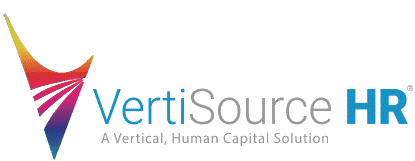A new lawsuit was filed recently that challenges the Labor Department’s overtime rule.
This new rule, expected to impact nearly 4 million workers, raises the salary threshold for “white-collar” exemptions from $35K to $44K starting July 1, 2024. Employees will need to earn at least this new threshold to even be considered exempt from OT pay under the white-collar exemptions.
However, the lawsuit, filed by a coalition of business groups, claims that the Labor Department has exceeded its authority and increased the salary threshold too high. Here is what you need to know moving forward.
What Led To This Ruling
In general, employees are paid an overtime premium of 1.5 times their regular pay rate unless they are exempt.
To qualify for the white-collar exemption—which is the executive, administrative, and professional exemptions—employees must be paid a salary, be paid at least the minimum weekly salary, and perform certain duties.
Currently, the salary threshold for these exemptions is $684 a week ($35,568 annualized). The Department of Labor’s new rule raises the rate first on July 1, 2024, to $844 a week ($43,888 annualized), then on January 1, 2025, to $1,128 (or $58,656 annually).
Additionally, the rule also makes a few other changes. One change is that the salary threshold will be automatically updated every three years starting July 1, 2027. Another change is the threshold for a “high compensated employee” exemption will rise and also update every three years.
Why Does This Ruling Sound Familiar?
In 2016, a similar occurrence happened.
This lawsuit challenges the Obama administration’s 2016 rule, which also attempted to dramatically increase the salary threshold. However, the court stopped the 2016 rule from taking effect just days before it was set to start. Also, the court prohibited the Department of Labor from automatically increasing the salary threshold without following certain requirements under the Administrative Procedure Act, such as providing notice and allowing the public an opportunity to comment.
Many complaints about the 2024 ruling are that it largely repeats the errors of the 2016 rule without addressing the flaws previously identified.
What Should You Do Now?
Although there are many concerns surrounding this ruling, it’s important to remember the effective dates for compliance have not been changed or blocked yet.
Therefore, compliance with the new salary level may require careful planning, budgeting, and employee communication. Do not wait to see what happens before you build a strategy to comply by July 1, 2024.

